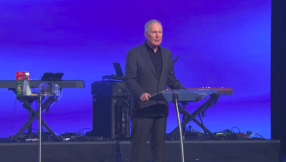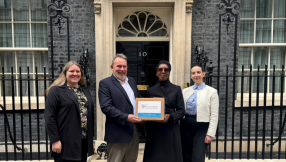
A new study has found broad support for Religious Education (RE) lessons in schools.
The study was based on a survey of 2,000 adults by Savanta for education charity Culham St Gabriel's Trust.
Nearly two thirds (64%) said it was important that RE be part of the school curriculum today.
This was despite over half (52%) saying they did not regard themselves as belonging to any religion.
Nearly three-quarters of adults (73%) said the role of RE was to provide young people with the opportunity to learn about other people, beliefs, worldviews and cultures, rising to 78% among those with a religion.
Seven out of 10 adults (71%) said RE should reflect the diversity of backgrounds and beliefs in the UK today, and nearly the same amount (69%) said RE was important for understanding the beliefs of others in everyday life.
Just over seven in 10 (71%) said the subject could foster mutual understanding of different beliefs among young people, and around two thirds (65%) said it could help young people critically evaluate their own beliefs and the beliefs of others.
Some 69% thought RE was important in encouraging young people to openly discuss their beliefs with others.
A similar proportion of UK adults (67%) said they felt comfortable discussing their beliefs with others, but only just over half (54%) said it was important to have the opportunity to do so.
Kathryn Wright, CEO of Culham St Gabriel's Trust, said: "Over the past fifty years, Britain's religious and cultural landscape has changed dramatically, with a decline in affiliation to some of the major religious traditions, an increase in others, and a rise in non-religious spiritual traditions.
"More than ever, everyone has a unique, personal view of the world, some religious, some non-religious, and often a complex combination of both. This research shows that people value an understanding of those complex worldviews in all aspects of their daily lives.
"It also highlights the value of good religious education in equipping young people with the knowledge they need to interact with others who have different perspectives.
"It has a vital role to play in ensuring young people receive a balanced education, in creating a more cohesive society, and supporting a vibrant economy by preparing employees and future business leaders for the globalised workplace."













